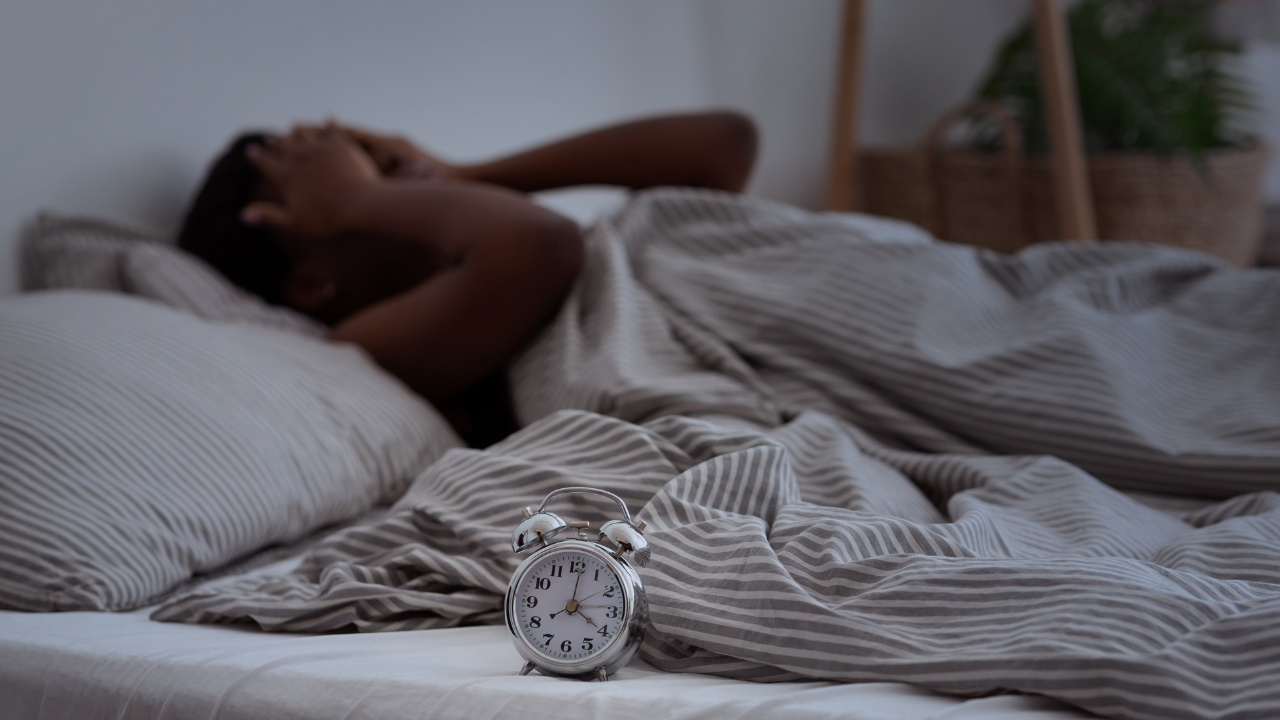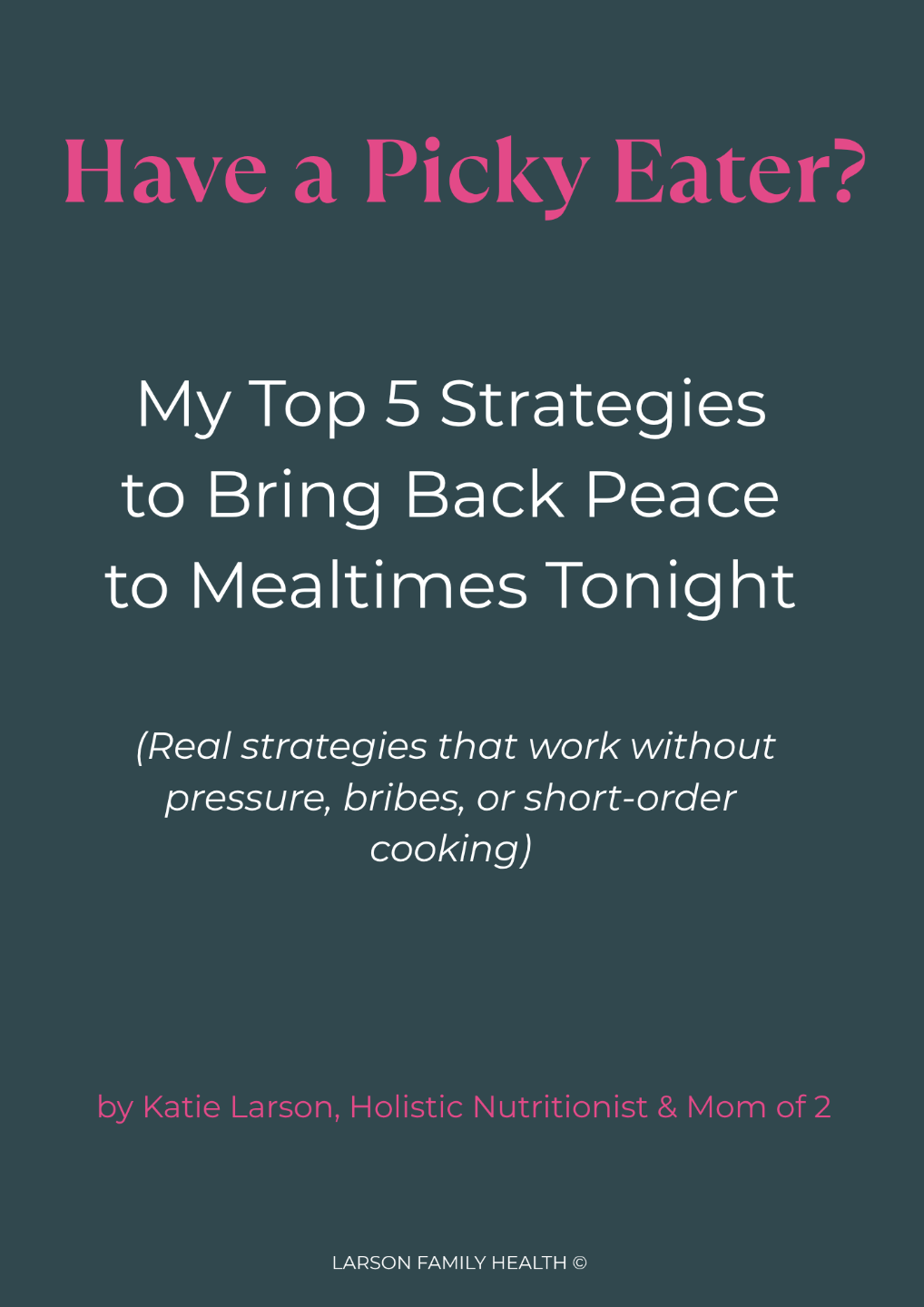
Why No One Is Sleeping Anymore—And How to Get Back on Track
Sep 21, 2025You wake up tired.
Your kids wake up cranky.
By 3 p.m., everyone’s melting down or reaching for a snack, and by 9 p.m., your brain is wired and your body is exhausted. Sound familiar?
Welcome to the 2025 sleep crisis—and no, it’s not just you.
According to the CDC, more than 70% of teens and over 50% of adults in the U.S. aren’t getting enough sleep. And the problem isn’t just about being tired. It’s affecting our hormones, metabolism, behavior, immune system, and even our relationships.
So let’s talk about why no one’s sleeping anymore, what’s getting in the way (spoiler: it’s not just screen time), and how to reclaim the kind of rest your body and brain were made for.
Why Sleep Matters More Than Ever
Sleep isn’t just downtime. It’s when the real healing happens. During deep sleep, your brain detoxes, your hormones regulate, your gut repairs, and your immune system resets.
Without it? You’re basically running on emergency mode 24/7—and so are your kids.
Poor sleep has been linked to:
- Mood swings and anxiety
- Blood sugar imbalances and insulin resistance
- Weight gain (especially belly fat)
- Poor focus and behavior issues in kids
- Lowered immunity (hello, constant colds)
- Increased risk for chronic disease
Why Are We All Sleeping So Badly?
Let’s be real: we are living in a world that doesn’t respect sleep.
Here’s what’s sabotaging our nights (and how to undo it):
1. Screens & Blue Light at Night
Phones, tablets, and TVs emit blue light, which tricks the brain into thinking it’s daytime. This suppresses melatonin, the hormone that signals your body it’s time for sleep.
💡 Fix it: Turn off screens 1 hour before bed or use blue light blockers. Replace screen time with reading, stretching, or family wind-down routines.
2. Blood Sugar Swings
Eating too close to bedtime—or consuming high-sugar snacks—can cause blood sugar spikes and crashes during the night, leading to restless sleep or waking at 2 a.m. feeling wired.
💡 Fix it: Have a protein + fat-rich dinner and avoid late-night snacking. A small bedtime snack (like almond butter on a rice cake or a boiled egg) can actually stabilize blood sugar for some kids and adults.
3. Cortisol Confusion
Stress, over-scheduling, and caffeine overload can flip your natural cortisol curve. Instead of being calm at night, your brain is spinning with to-do lists and what-ifs.
💡 Fix it: Build in breaks during the day (walks, deep breaths, no multitasking). Try magnesium glycinate before bed to support relaxation.
4. Poor Sleep Hygiene
Unpredictable bedtimes, stimulating activities, or too much light in the bedroom all mess with the body's circadian rhythm.
💡 Fix it: Keep bedtime and wake times consistent (even on weekends). Use blackout curtains and cool the room to 65–68°F. Yes, it matters!
5. Undiagnosed Sleep Disorders
Many kids and adults have undetected sleep apnea, mouth breathing, or airway issues that lead to fragmented, low-quality sleep—even if they’re in bed for 8 hours.
💡 Fix it: If your child snores, grinds their teeth, or wakes unrefreshed, get evaluated by a functional dentist or airway-focused provider.
Signs of Sleep Deprivation in Kids (That Don’t Look Like “Sleepy”)
Kids often show sleep issues as:
- Hyperactivity
- Emotional outbursts
- Cravings
- Poor focus
- Moodiness or aggression
- Trouble waking in the morning
If you're seeing these signs, don't assume it’s just behavior—they might be exhausted and not know how to say it.
Where to Start: A Family Sleep Reset
Here’s a simple 3-day plan to get your household back on a healthy sleep rhythm:
Night 1:
- Turn off all screens 1 hour before bed
- Dim the lights
- Do a family wind-down activity (puzzles, books, light stretching)
Night 2:
- Serve dinner at least 2–3 hours before bed
- Offer a small protein-based snack before bed if needed
- Add magnesium for older kids and adults
Night 3:
- Use a sleep tracking app or journal
- Notice patterns (who wakes up, when, and why?)
- Adjust bedtime based on fatigue and morning wake-up needs
Repeat. Refine. Stay consistent.
Final Thoughts: Sleep Is the Root, Not the Side Dish
If your family’s dealing with mood swings, sugar cravings, behavior issues, poor immune health, or weight gain... sleep might be the missing link. You don’t need expensive supplements or overnight perfection—just a plan that supports how your body was designed to function.
And yes, you deserve to feel rested again.
Need help balancing hormones, healing metabolism, or fixing your family’s sleep rhythm? We cover all of that (and more) inside Reclaim Your Metabolism®—your holistic blueprint for energy, focus, and long-term health. You don’t have to figure this out alone.
Become part of our newsletter community where you'll find inspiration, motivation, and helpful tips so you and your family can thrive!
We hate SPAM. We will never sell your information, for any reason.

